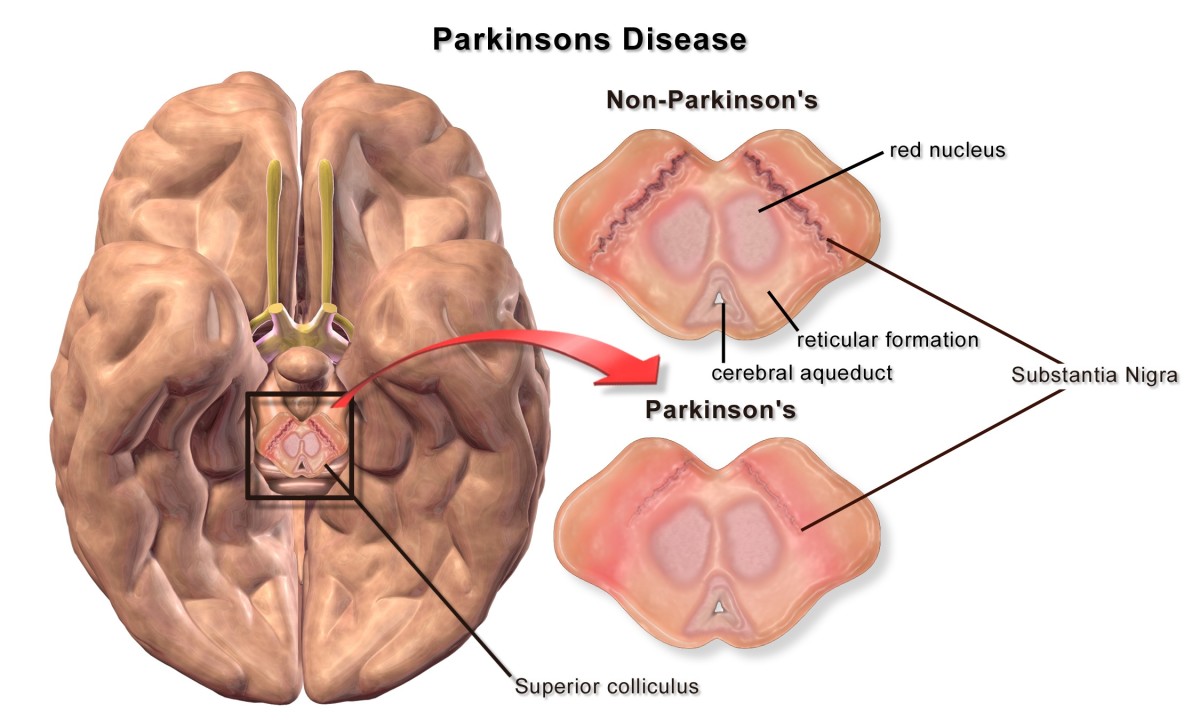Stem Cell Research - the Pros and Cons Debate
Stem cell research pros and cons have been debated since studies began on this subject. Stem Cells are naturally present in humans and are vital for cell growth and development. There are different types of stem cells present in the body and have the ability to develop specific cells; such as muscle cells, brain cells, blood cells, tissue cells and all other cells present in the body. Some stem cells are capable of developing all cells in the body.
Others have the ability to repair and replace cell tissue that has been damaged. Stems cells are therefore important and this is the primary reason that research is being carried out for studying their characteristics and how they function. Research also aims at finding ways to use stem cells for curing medical conditions which cannot be cured through medication or surgery.
Stem cells present in a fetus are comparatively more powerful than those present in the adult body. In a fetus they are known as Embryonic Stem Cells. They start developing when the egg gets fertilized by the sperm and are completely ready within five days from fertilization.
It is a wrong conception that only aborted fetuses are used in the studies. The cells are also present in the placenta and the blood present in the placenta. They can also be found in Blastocysts which are fertilized eggs that fail to get implanted in the uterine lining.
Stem Cell Research Pros and Cons Controversy
There was strong debate when the research started. The procedure was questioned as it was deemed unethical. The research those days involved only Embryonic Stem Cells which involved removing tissue from an aborted embryo. To obtain the stem cells the embryo was usually aborted anytime between the fifth and ninth week of pregnancy.
Medical science has improved since and now researchers adopt more ethical methods for stem cell study. Induced Pluripotent Stem Cells (iPS) is the most popular method in use these days for stem cell research. The iPS is synthetically derived from adult somatic cells.
The new research involving stem cell has come a long way with the use of iPS which does not involve destroying of embryos for research and therefore is a more acceptable technique. The research involves study of basic cells that have the potential of developing other cells which would not grow on their own. These cells are clinically developed in laboratories where various tests are conducted on them in a sterile environment to understand the basic properties and functioning.
Stem Cell Research Pros and Cons Concerns
There are two basic concerns that involve both pros and cons of this method –
• How and where this technique will be used
• Apprehensions about the techniques
The first concern is not really major as it can be applied to any research involving humans. The second concern raises some questions as not much research has gone into iPS.
Stem Cell research
- Stem Cells: Research, Implications for Medicine and Legal Sanction
All you want to know about stem cell research and how it will change medical care in future.
Pros of How and Where the Technique is Used
There is reason to believe that stem cell research has the potential to cure numerous medical problems. These problems vary and as of now medical science has only been able to control the symptoms and not the disease. If the research goes the right way then there is a possibility of advanced treatments available that would cure diseases such as –
• Alzheimer’s disease
• Parkinson’s disease
• Type I Diabetes
• Heart disease and Stroke
• Injuries to the spinal cord
• Congenital defects
• Repair or replacement of damaged organs such as kidney, liver and spleen
• Lessen the risk involved during transplantation
• Find a cure for cancer
Cons
The cons have more to do with ethics and religion. The major dispute on why research needs to be stopped is-
• Humans should leave certain things to nature and God
• Human life should not be used for experimentation
• Fear of humans being cloned
• There was a major controversy when research first began using aborted fetus. It was considered unethical and many people from various fields voiced their concerns.
Overview
Research needs to continue if the advantages are higher than the concerns. It is good if research can bring about treatments and cures to be used for betterment of human kind. Stem cell research pros and cons will continue to be argued over until there is some positive outcome.
© 2011 Juana








